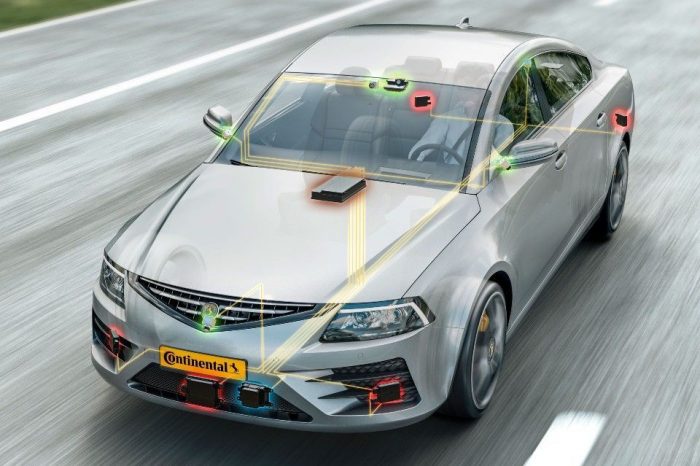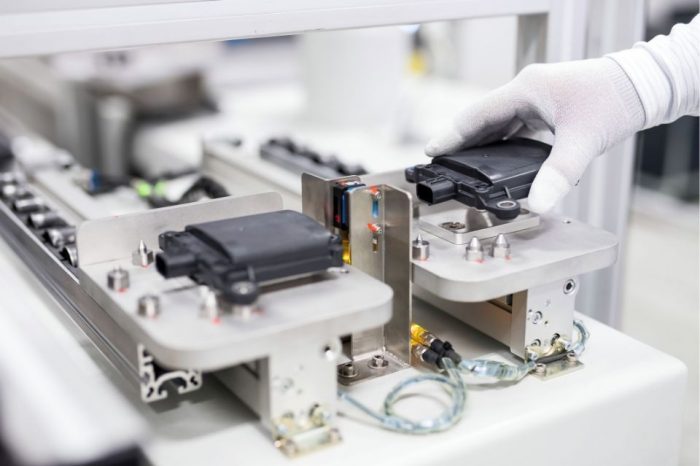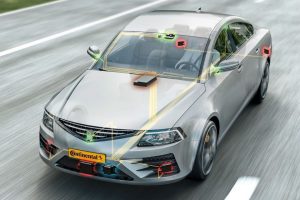Continental expands automated driving tests

The technology company Continental is expanding its global development activities for the safe launch of automated driving. The engineers are now also testing their test vehicles on autobahns in Lower Saxony. The developers test the systems of the test vehicles under real traffic conditions on Germany’s autobahns. T
he prototypes are always monitored and operated by a development expert in the driver’s seat. Continental develops sensors, vehicle computers, operating systems, and software for automated driving, particularly in Japan, China, the U.S.A., and Germany.
“As a technology company, we want to increase acceptance of automated driving. This means that, on the road to production readiness, we constantly put our systems to the acid test, investigating everything from the bit to the byte, from the lens to the chip,” declares Ralph Lauxmann, head of Systems & Technology in the Chassis & Safety division. “Automated driving will not only help car drivers save time. It will also lead to greater safety in road traffic and will reduce emissions. This is why we are working on all forms of automated and autonomous driving – on the autobahn, in the city, and when parking.”
In addition to the production readiness of highly automated driving, Continental is also working on fully automated driving on the autobahn by 2025. Highly automated autobahn driving, in and of itself, is designed to allow car drivers to temporarily focus their minds on activities other than driving. With fully automated driving, this should be possible for sections of the route without the driver having to act as a fallback mode at all. Continental also believes in autonomous driving. With its test platform Continental Urban Mobility Experience, the technology company tests systems for driverless robo‑taxis in the city. Automated and autonomous parking is also being developed to be ready for production. The goal is seamless, automated mobility without accidents.



















